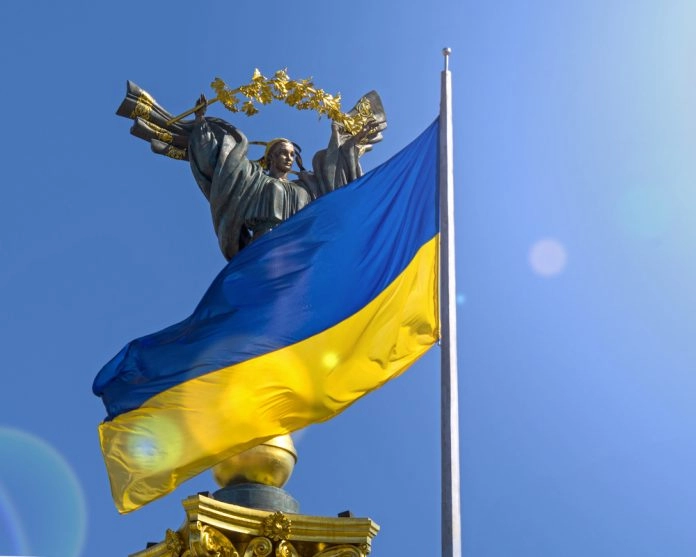A pivotal decision looms for Ukraine’s gambling ecosystem as tax laws come under scrutiny from the Verkhovna Rada.
In spite of initially being sanctioned last August, the body’s inability to settle on the Gambling Law’s tax, licensing and technical arrangements has hindered domestic incumbents, as well as leaving international operators in limbo with regards to entering Ukraine’s re-formed gambling marketplace.
A candid assessment of year-one developments of Ukraine’s marketplace by regulatory stakeholders opened the day-one conference panels of the SBC CIS Summit in Kiev.
“We are aware that tax is the dominant issue that will affect the next wave of operators and whether they choose to enter our market,” said Boris Baum, First Deputy Chief of the Expert Advisory Council Ukrainian Gambling and Lotteries Regulation Commission.
Baum detailed his frustration at the Rada’s insistence that all gambling tax proposals be reviewed, as the Committee on Finance had recommended tax code 27/13D as the market’s consensus framework.
“We have been informed that the vote will happen in three weeks, with a final settlement to be approved by 10 November. The market will see the changes that will finally allow operators to plan their financial models.”
At the heart of policy developments, he disclosed that the Committee on Finance had settled on a “10% GGR tax rate applied across all licensed activities, with triple licences fee removed”.
Further positives saw Baum state that the Gambling Law amendments would maintain technical parity as “game servers can be hosted in member states of the European Union”.
“This is a big achievement as we have removed a number of collisions,” he offered. “The only technical requisite that is required is that servers containing player data on financial transactions, accounting and personal data be hosted in Ukraine. This is logical market demand for everyone involved.”
Addressing CIS delegates, Head of the Executive Body Oleksiy Kucher outlined the role of the State Regulatory Agency in providing guidance to wider regulatory stakeholders – be it the police, national health, or community services – in adjusting to the impacts of a new regulated marketplace.
“We are a government oversight service, and we are focused on making sure that gambling has a positive outcome,” he explained. “The gambling sector is very fortunate to have our support as a new business sector.”
“We are the filter that is checking and screening everything. We realise that misunderstandings can happen at the early stages of regulation.”
Kucher outlined that ‘legislative transparency’ was at the top of the Agency’s agenda as it maintains duties to report to Ukraine’s Finance Committee on how government organisations have adjusted ‘to the implementation and understanding of the new market laws’.
The Gambling Law’s enforcement and licensing are maintained by KRAIL- Ukraine Gambling and Lotteries Regulation Commission.
Almost a year following its inception, KRAIL Chairman Ivan Rudyi weighed progress against operators’ high regulatory expectations.
“KRAIL took on the challenge to legalise a marketplace that had been illegal for 10 years,” he remarked, explaining that Ukraine’s gambling context could not be compared to other European markets.
“We have faced numerous hurdles, but our perspective has always been to protect the rights of citizens and to have transparent conditions to monitor a competent gambling industry.”To view the SBC Summit CIS visit the event’s official website.





